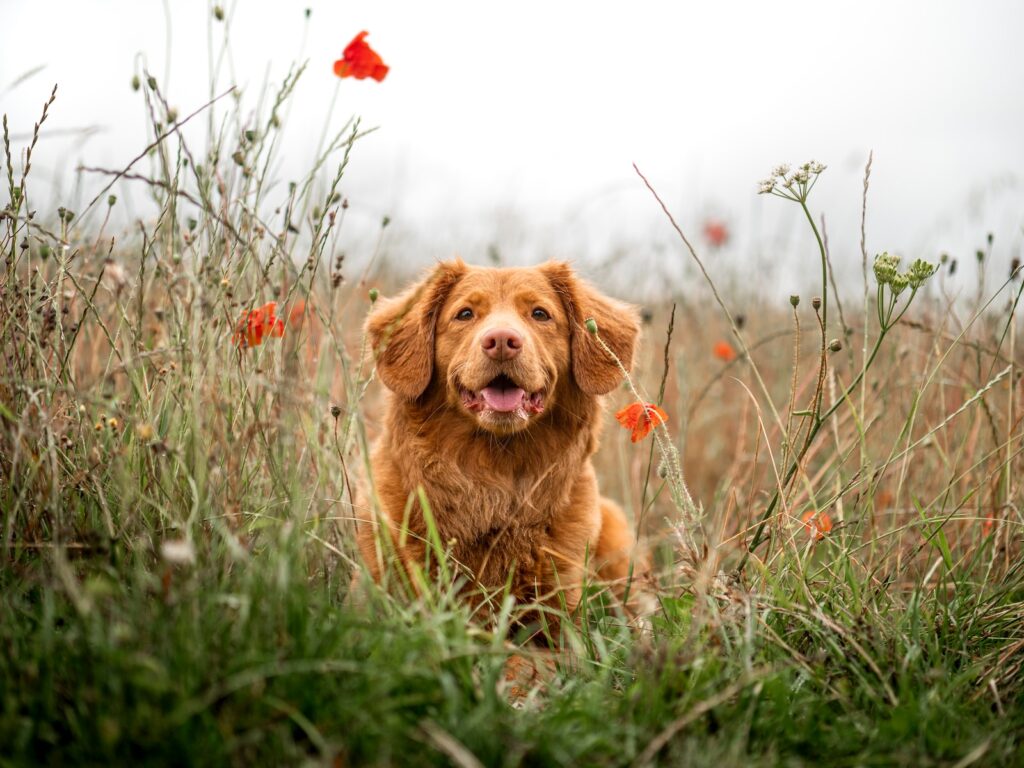Can Dogs Eat Popcorn? — No, They can’t
Popcorn may seem like a harmless and tasty snack for us humans, but unfortunately, it is not safe for our furry friends to consume. Dogs should not eat popcorn due to several reasons.
Can Puppies Eat Popcorn?
Just like adult dogs, puppies should also avoid consuming popcorn. It can pose various health risks and potential choking hazards, making it unsuitable for puppies.
Things to consider when feeding popcorn to puppies?
When it comes to puppies, their delicate digestive systems may not be able to handle certain foods, including popcorn. It is crucial to prioritize their safety and health by refraining from offering them popcorn.
Nutritional Benefits of Popcorn for Dogs — Why Popcorn is not good for Dogs?
No Nutritional Benefit
Popcorn does not offer any significant nutritional benefits for dogs. It mainly consists of carbohydrates and lacks essential nutrients required for a well-balanced diet.
Potential Choking Hazard
One of the primary reasons why dogs should not consume popcorn is the risk of choking. The hard and irregularly shaped popcorn kernels can easily get lodged in a dog’s throat, leading to potential choking accidents.
Possible Digestive Issues
Another concern is that popcorn can cause digestive problems in dogs. Dogs have different digestive systems compared to humans, and the consumption of popcorn can disrupt their digestion, leading to discomfort, stomachache, or even more severe issues like pancreatitis.
Butter and Seasonings
Additionally, many popcorn varieties contain butter, salt, and other seasonings. These additives can be harmful to dogs, as excessive salt intake can lead to sodium poisoning, and butter and other seasonings can upset their stomach and cause inflammation.
Potential Allergies: Can Dogs Be Allergic to Popcorn?
While rare, some dogs can develop allergies to popcorn. Allergic reactions can manifest as itchiness, redness, swelling, or gastrointestinal distress. If you suspect your dog is allergic to popcorn, it is best to consult with a veterinarian for appropriate guidance and treatment.
Symptoms of Popcorn Allergies in Dogs
- Itchiness and Skin Irritation: Dogs may experience excessive scratching, redness, or hives when they have an allergic reaction to popcorn.
- Gastrointestinal Distress: Allergies to popcorn can cause upset stomach, vomiting, diarrhea, or other digestive issues in dogs.
- Respiratory Issues: In severe cases, dogs with popcorn allergies may exhibit coughing, wheezing, or difficulty breathing.
What to Do If Your Dog Shows Symptoms?
- Seek Veterinary Care: If your dog shows any signs of an allergic reaction or experiences discomfort after consuming popcorn, it is essential to consult a veterinarian for proper diagnosis and treatment.
- Eliminate Popcorn from their Diet: Remove popcorn from your dog’s diet to prevent further allergic reactions or digestive issues.
- Consider Allergy Testing: In case of repeated allergies or severe reactions, your veterinarian may recommend allergy testing to identify the specific triggers and develop an appropriate treatment plan for your dog.
Recommended Amount: How Much Popcorn Can a Dog Consume?
As mentioned earlier, popcorn is not recommended for dogs. Therefore, there is no specific amount that can be considered safe or suitable for consumption.
Things to Consider When Feeding Popcorn to Dogs
If, for any reason, you decide to feed your dog popcorn, it is crucial to keep the following considerations in mind:
- Plain, air-popped popcorn without any seasonings or additives is the only acceptable option if you choose to offer it to your dog.
- Monitor your dog closely while they eat popcorn to prevent choking hazards and ensure they do not overindulge.
- Always consult with a veterinarian before introducing any new food into your dog’s diet, including popcorn.
How to Feed Popcorn to Dogs: A Quick Guide
If you still decide to share popcorn with your pup, follow these guidelines:
Plain Air-Popped Popcorn
1. Make sure the popcorn is plain and air-popped without any butter, salt, or other seasonings.
2. Allow the popcorn to cool completely before giving it to your dog.
3. Feed the popcorn to your dog in moderation as an occasional treat rather than a regular part of their diet.
Conclusion
While popcorn may be a beloved snack for us humans, it is not suitable for our canine companions. Dogs should not consume popcorn due to the potential choking hazards, the risk of digestive issues, and the lack of nutritional benefits. It is essential to prioritize the health and well-being of our dogs by sticking to their appropriate and balanced diet. If you have any concerns or questions regarding your dog’s diet, it is always best to consult with a veterinarian.






